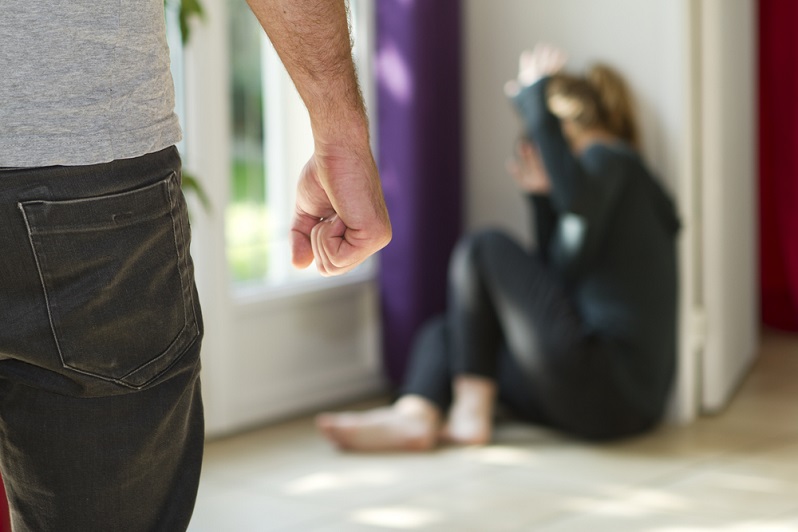People are often unaware of the immediate legal consequences of filing a complaint or lawsuit regarding a crime or illegal action, especially in domestic violence cases. This leads to situations where the victim contacts our attorneys to drop charges.

Why Would An Alleged Victim Want To Drop Charges?
The victim may not want to face the legal system or may be afraid of the consequences of an arrest. This could range from fear of retaliation to financial losses due to spending a few days in jail.
On the other hand, the “silver bullet strategy” used by some divorce attorneys involves alleging domestic violence to remove the spouse, stop evictions, and get more money. This may seem like a clever move until you realize the other person has evidence that you instigated the violence or gave false testimonies about the events. If the courts agree, you lose custody of the children. It may also happen that the alleged victim lied to the police because they were angry, leading to an arrest. These things happen, and that’s why we refer to alleged victims instead of always believing the victim in domestic violence cases.
But, can an alleged victim drop domestic violence charges and refuse to file charges?
The Role Of The Police In Domestic Violence Cases
The police usually arrest someone if they believe a domestic violence incident occurred to ensure the safety of the alleged victim. They are expected to act in a way that ensures public safety. If the couple had an equally loud and violent confrontation, separation guarantees safety without anyone getting hurt.
The Role Of The Prosecutor In Filing Charges
Let’s suppose the victim reported domestic violence. The police made an arrest and filed a police report based on their understanding of the events leading to the arrest. The prosecutor reviews the police report. The prosecutor decides whether or not to file a criminal complaint. The prosecutor will take the case to a grand jury to determine whether criminal charges will be filed.
The victim’s desire to file charges or not is secondary to the prosecutor’s decision. However, the victim’s statement as a witness and cooperation with the police helps the prosecutor build a stronger case. After all, the witness statement is just one piece of evidence that can be used. The prosecutor could file criminal charges against the accused without the witness statement and regardless of the expressed desire to drop charges. The State can file charges with or without the victim’s cooperation.
On the other hand, someone who wants to file charges, even if they don’t have enough evidence, cannot be denied by the prosecutor. Again, it is not up to the victim to decide whether a criminal case proceeds or not. So in response to the question “Can an alleged victim drop charges and refuse to file charges?”, the answer is that they can only request that the prosecutor drop the charges.
Procedure To Request The Dropping Of Charges
If you want the prosecutor to drop charges, you can file an ANP or Affidavit of Non-Prosecution. You sign an ANP under oath, listing the reasons why you don’t want the domestic violence case to be prosecuted. However, this opens the complainant up to a variety of charges themselves. If you make statements that contradict the original police report, you could be charged with filing a false police report, which is a Class B misdemeanor. That’s why you should consult an attorney before filing a police report or asking the prosecutor to drop charges.
(682) 204-4066 We cannot receive pictures via text so please send those via email or hand deliver to our office.
(682) 204-4066 No podemos recibir imágenes por mensaje de texto, así que envíelas por correo electrónico o entréguelas personalmente en nuestra oficina.







